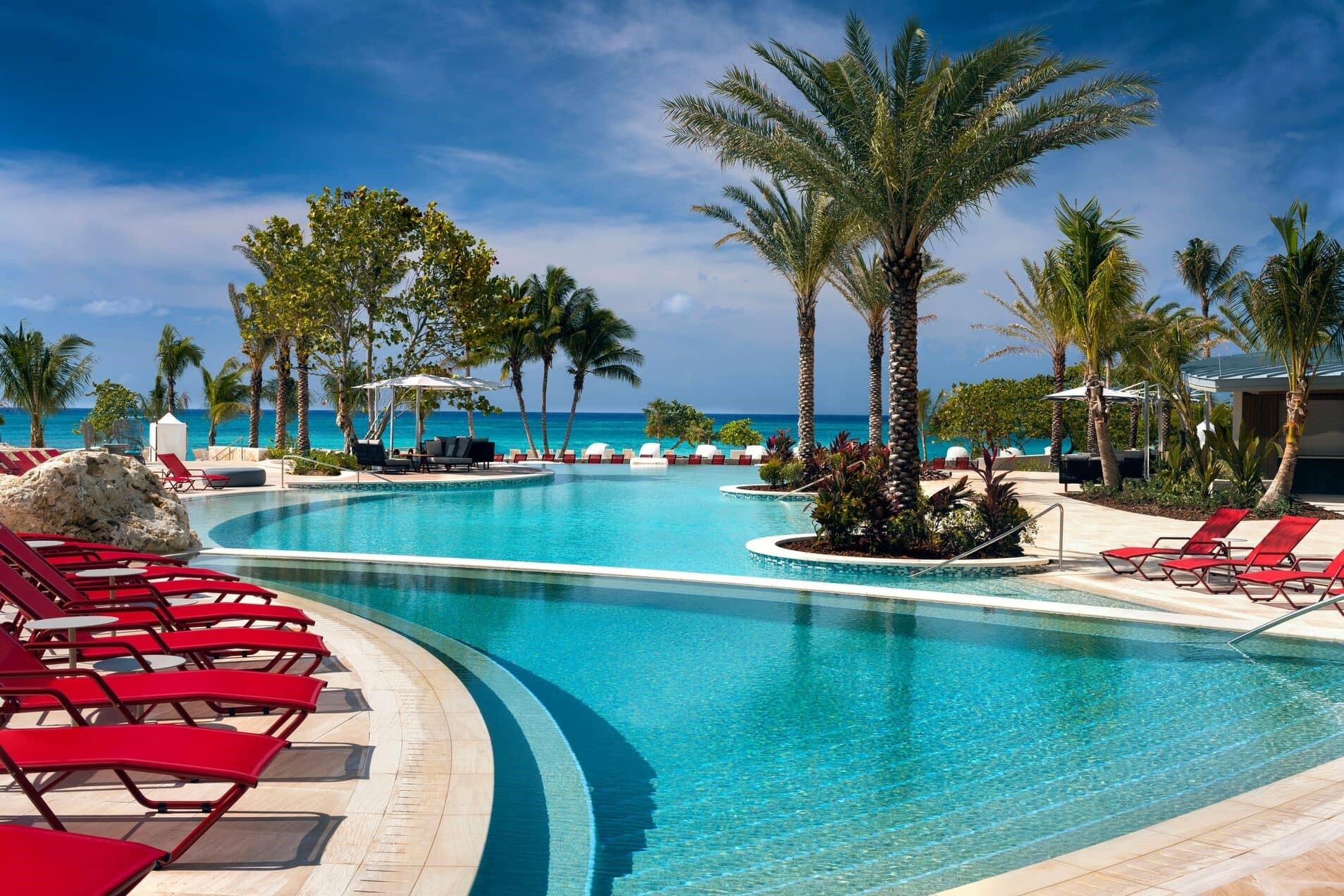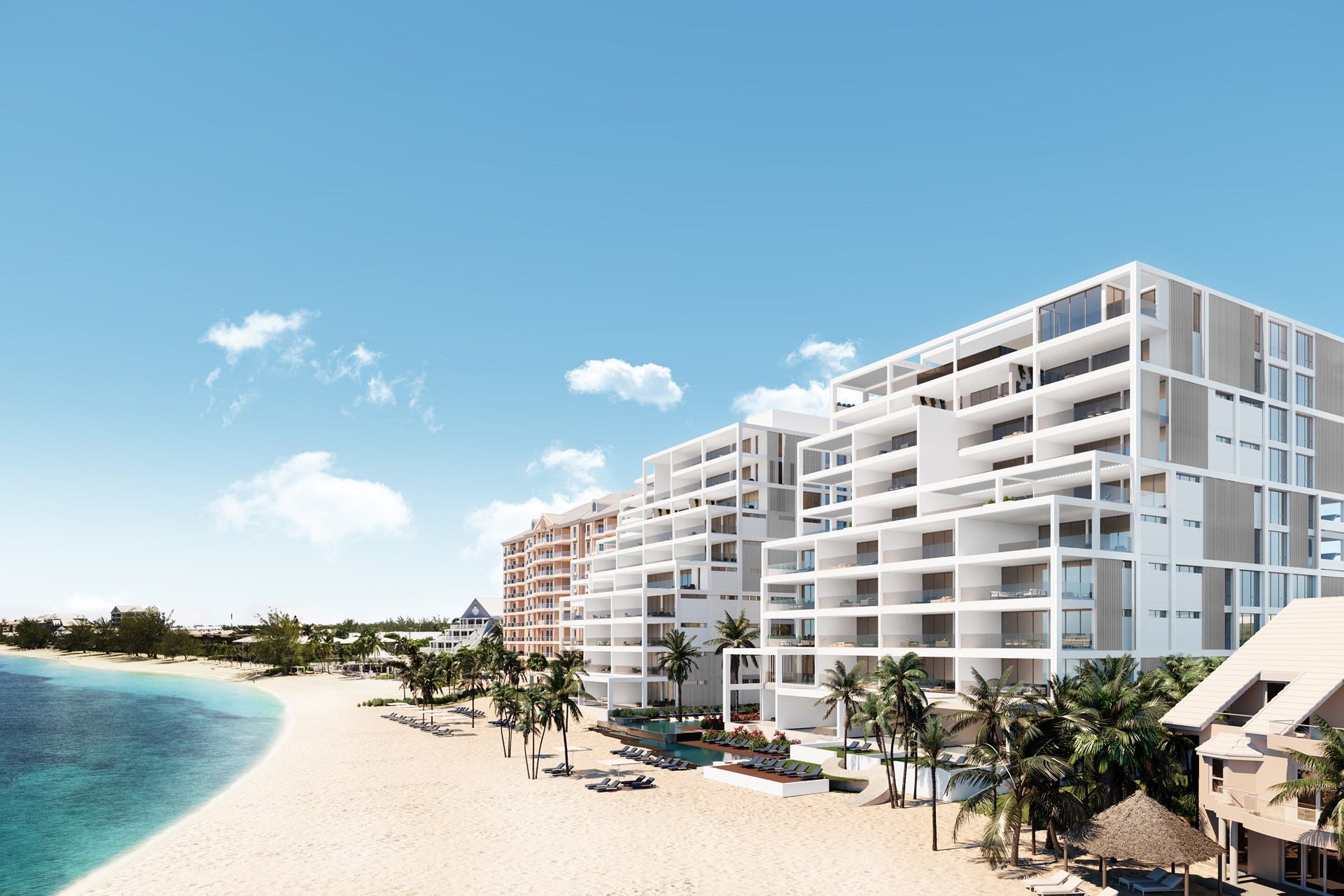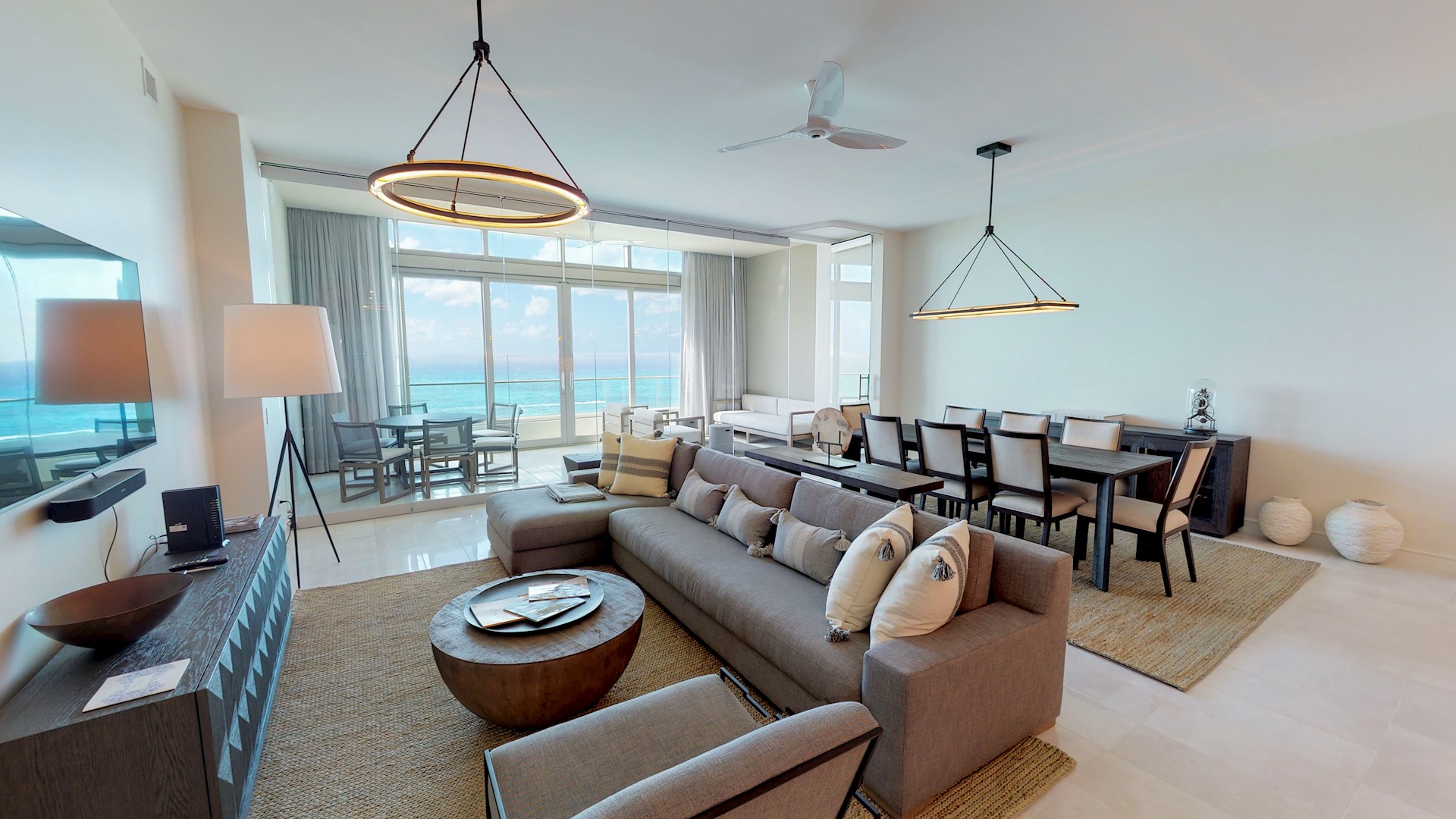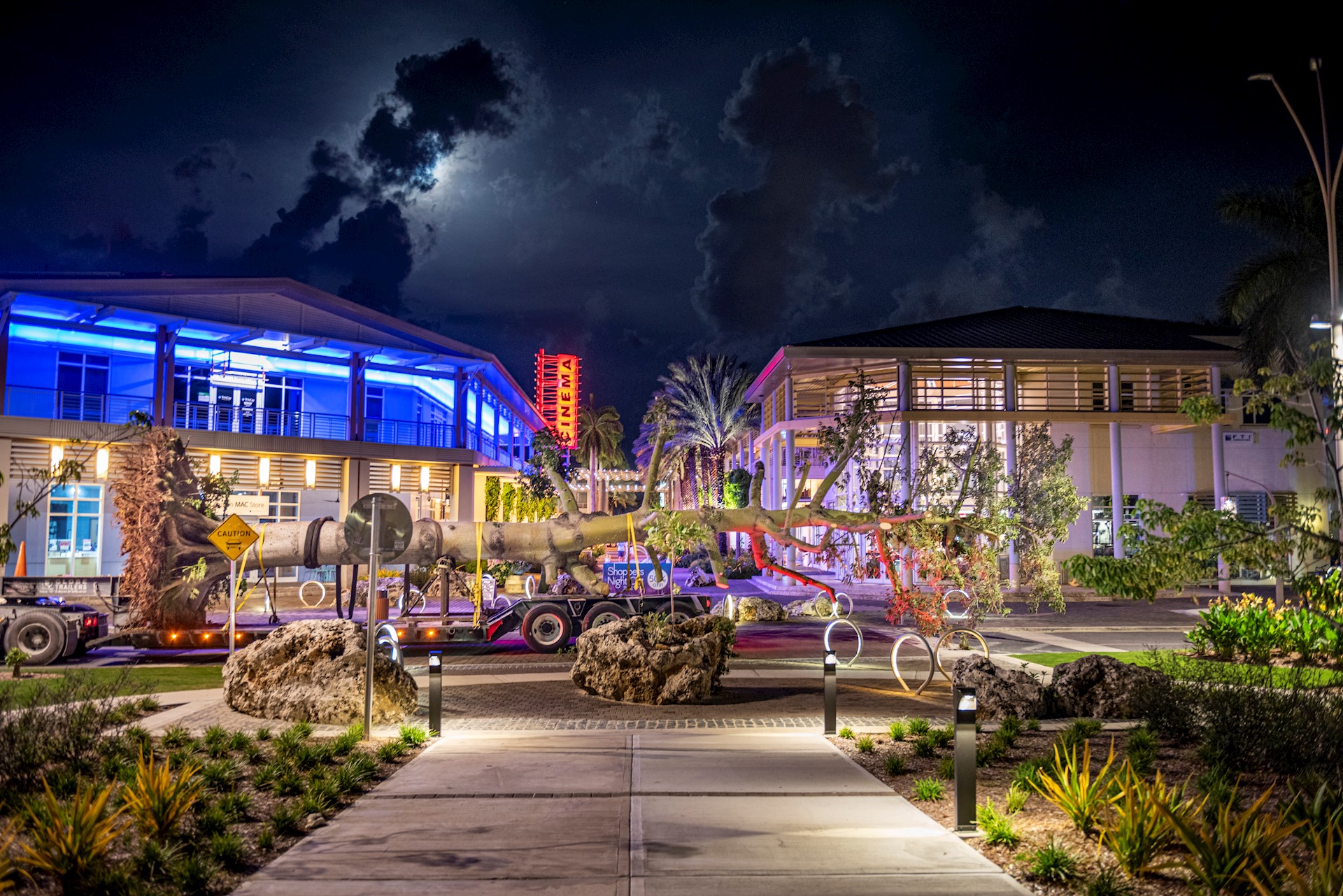
Property costs in tax-free paradise
By Sue Nickason
12 Oct 2020
There are three aspects of buying Cayman Islands real estate that usually delights international buyers: the absence of recurring property taxes, the quality construction standards and the lack of restrictions on foreign ownership of property. Added to these benefits is the ease of conveying property with the support of professional advisors and an efficient civil service, and it’s small wonder that the Cayman Islands is one of the premier Caribbean nations for owning vacation, investment and full-time residential properties.
Buyers are normally so excited by the prospect of their new island lifestyle that they do not always appreciate there are some additional costs and considerations associated with the acquisition of a property in this British Overseas Territory. We asked Adam Johnson, partner at Appleby law firm, to share advice on what purchasers need to know.

Adam, a lot of attention is focused on the list price of a property, but what other major costs should buyers be aware of when considering the purchase of Cayman Islands real estate?
Aside from the purchase price, the biggest cost is almost certainly going to be the amount of stamp duty payable to the Cayman Islands Government. The rules on stamp duty can sometimes be a little intricate, but generally speaking a buyer ought to budget up to 7.5% of the purchase price (or the market value, if higher) in stamp duty expenses.
If the buyer requires a mortgage, then further ad valorem stamp duty is payable on the amount of financing secured on the real estate (1% if the amount secured is CI$300,000 or less, otherwise 1.5%).
Certain documents executed in connection with the transaction will attract smaller fixed amounts of stamp duty, while filings made at the Cayman Islands Land Registry will attract registration fees, but these do not often exceed a few hundred dollars in total.
While stamp duty is certainly a significant extra cost to consider at the outset, one of the benefits of owning real estate in the Cayman Islands compared to some other jurisdictions is that there are no recurring property taxes or capital gains taxes.
What about other upfront expenses, such as fees for professional services connected with the acquisition?
A savvy buyer will consider the extent of professional advice and due diligence needed before committing to the transaction. This will of course depend as much on the transaction specifics as the buyer’s risk appetite, but will often include:
- Lawyers: hiring an appropriately experienced attorney to conduct legal due diligence and execute the transaction will ordinarily cost between 0.25% and 1% of the purchase price (the precise amount depending on the scope of work and complexity of the deal) plus expenses. Obtaining planning information and copies of relevant title documents is relatively inexpensive.
- Valuers: an independent valuation from a reputable professional will cost somewhere between CI$500 and 2,000, depending on the type of property.
- Inspectors: hiring a licensed home inspector to prepare a report on an as-built residence will ordinarily cost approximately CI$1,000-2,000, but may fluctuate based on the size of the property and the extent of investigation required. Specialist investigations, such as full structural surveys, MEP inspections, boundary surveys or site surveys, would be in addition.
If the buyer requires a mortgage then a commitment fee of up to 1% is usual, and most banks will require life insurance as a condition to providing finance.
It is customary for the seller to be responsible for any commission due to any real estate agent involved in the transaction, but the buyer should always check at the outset.
If the buyer is purchasing undeveloped land then they may wish to engage the services of an architect and/or other construction professionals to advise on likely costs of construction, planning fees, and so on.

Are there any major ongoing expenses that a buyer ought to consider?
If the property is a condominium then there will also be periodical fees and insurance premiums due to the association responsible for the complex – known in the Cayman Islands as the strata corporation. It’s always a good idea to review the latest financials of the strata corporation when carrying out due diligence in order to factor in these ongoing costs, which can vary considerably from property to property.
If the property is not a condominium then it is always wise to check whether or not any costs are payable towards shared facilities – the canals, roads and public open spaces within many residential developments are privately maintained – and consult with an insurance professional to determine likely premiums.
Whatever the type of property, enquiries should be made of the seller or their representative as to other ongoing running costs of the property – such as electricity bills, water bills, garbage collection fees, etc.

About the author
Sue Nickason has been VP Marketing and Sales at Dart Real Estate since May 2017. Originally from Canada, Sue has worked in luxury residential-resort development in the Caribbean for over a decade. Sue and her team are committed to promoting the unique value proposition of the Cayman Islands to those seeking to establish a personal and/or corporate presence here. They serve as trusted advisors and offer exceptional service, timely market information and a warm “Caymankind” welcome. Sue earned a BA (Honours) from Mount Allison University, an MBA (Distinction) from University of Guelph and has completed studies/earned certificates in journalism, economic development, adult education, customer service, revenue management, and protocol. In 2020, Sue received her Certification in Investment Migration from the Investment Migration Council. Sue is a member of the Christie’s International Real Estate Master’s Circle and an Angel in the 100 Women in Finance network.


